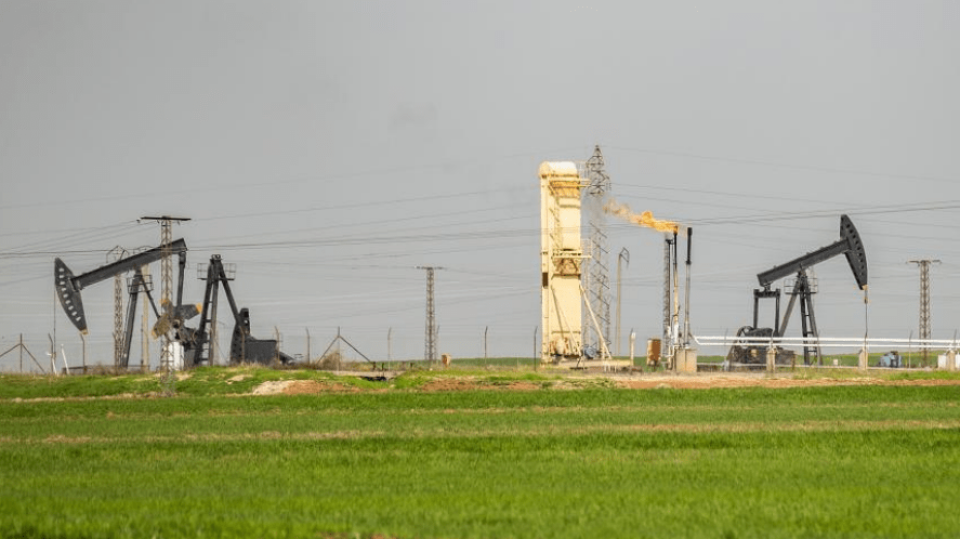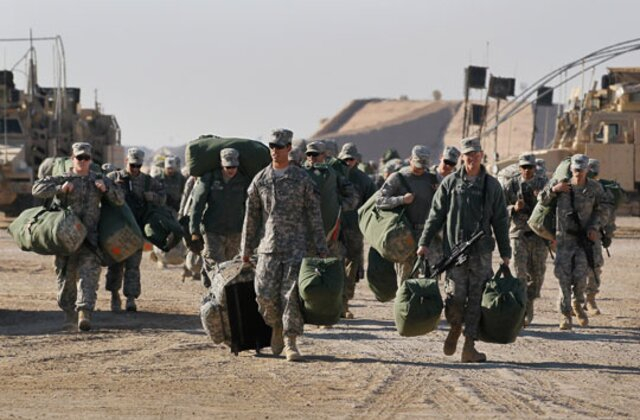By: Dr. Amir Hamed Azad, Middle East expert
Special License (A11)
The US Treasury Department's Office of Foreign Assets Control launched the sanctions program against the Syrian Government on May 11, 2004, under Executive Order 13338. The sanctions escalated over time, and in December 2019, the US Senate, with the support of both the Republican and Democratic parties, passed the Caesar Act to protect Syrian civilians, and President Donald Trump passed the law in Signed December 20, 2019. The Caesar Act was officially enacted on June 17, 2020 by Trump to the US Treasury Department and will be valid until 2024.
On June 12, 2013, the US Treasury Department's Office of Foreign Assets Control issued a special permit (A11) for activities related to the Syrian telecommunications, agriculture, and oil sectors in favor of the National Coalition of Syrian Revolutionary Forces and its opponents or supporters. The purpose of the permit was to help the Syrian opposition raise the necessary funds to govern the areas they controlled. Under the license, US individuals and entities were allowed to apply to the US Government for trade and commerce in these sectors.
A significant portion of the revenue permitted by the special permit (A11) was the Syrian oil industry located in the east of the country. Therefore, it was not possible to use this license until 2017, when ISIL controlled a large part of these facilities.
Following the destruction of ISIL's physical centers and the takeover of the Syrian Democratic Forces east of the Euphrates, on March 17, 2016, a structure called the Rojava Democratic Federation began administering the liberated areas. The Democratic Union Party (PKK branch in Syria) as the core of this structure within the framework of the Syrian Democratic Forces was also an ally with the coalition of the inherent solution .
Therefore, the United States began to implement the special license (A11) in this sector in order to finance the costs of this self-government. Accordingly, during the Trump administration, on July 30, 2020, the US government issued a license to Delta Crescent Energy to sign a contract with the Syrian Democratic Autonomy.
Caesar's Law Challenge
The United States faced a major challenge with the passage of the Caesar Act and the licensing of Delta Crescent because the Syrian government bought most of the oil produced east of the Euphrates. Thus, the Democratic Self-Government of Syria and Delta Crescent Energy were subject to the implementation of the Caesar Law. The Pentagon said in a report to the Office of the Inspector General that 180 tankers deliver 30,000 barrels of oil a day from the oil fields east of the Euphrates to the Syrian Government, which is about one-tenth (333,000 barrels per day) due to infrastructure damage. Barrels per day) is the amount of oil extracted before 2011. According to local sources, of this amount, 130 tankers from the Ramilan oil field and 50 tankers from the Shadadi oil field in the territory of the Syrian Democratic Forces were transported to areas under the control of the Syrian government.
Due to this conflict, after the change of government in the United States, on May 21, 2021, Biden announced the revocation of the license of Delta Crescent Energy Company, which was based on the implementation of the Caesar's law. But a week after the news, the company announced that the company's operating license had been renewed by the US government a month before the claim, and that there was no decision to suspend operations in Syria.
The implementation of Caesar's law deprived the Syrian Democratic Forces of the annual revenue from the sale of oil to the Syrian government, which could not be replaced by exporting oil east of the Euphrates outside Syria, as Turkey strongly resisted such a compromise. The United States, on the other hand, was reluctant to bear the costs of running the region east of the Euphrates.

Of course, these tankers passed through the passages under the control of the Syrian army, and 30% of the value of the cargo was collected by the Syrian government as a transit fee. Thus, the Syrian Democratic Autonomy earned between $ 212,868,000 and $ 260,172,000 a year from the sale of the Syrian government's oil.
Accordingly, the leaders of the Syrian Democratic Self-Government called on the United States to exclude areas under its control from implementing the Caesar's law. Of course, some gaps were also effective in this process. The Syrian Democratic Autonomy, for example, lacked a banking system for financial transfers, and as a result, it was not possible to track the payment and receipt of oil purchases between this structure and the Syrian system.
On the other hand, the structure of democratic self-government lacked legal legitimacy in the international system, and therefore the real and legal personality that traded on behalf of this structure with Delta Crescent and the Syrian government was unclear.
Conclusion
The Syrian Democratic Forces and Delta Crescent Energy will have the opportunity to increase oil sales to the Syrian government in the future by about 60,000 barrels per day, using a special license from the Office of Foreign Assets Control which will double their revenue from selling oil to the Syrian government. This production is achieved through two mobile refineries owned by the company, without the need to build large permanent oil refineries.
In the fiscal year 2021, the US Department of Defense announced the retention of 9,900 local troops to protect 17,000 square kilometers in four sections. The United States provides funding for these forces, but the problem is that the cost of governing the areas under their control is provided by the sale of its resources to the US system.
The Coalition Joint Operations Command stated in its second quarter 2021 report to the Office of the Inspector General that there are 64 oil infrastructures east of the Euphrates and 2,500 local forces have been trained to protect them. According to the report, 1,500 of them are protecting the mentioned infrastructure in Deiro-Zor, 500 in the north and 500 in the center of this region. Thus, the United States, by applying a doctrine that lacks a legal basis and legitimacy, is violating the sovereignty of the Syrian government and managing its territory and resources.
(million dollars)


















